Based on a prominent advertisement from 1931, it is said that today's image of Santa Claus originated from here, but few people know the truth.
Red velvet suit, white fur trim, high black boots, warm fringed hat,... Santa Claus's typical costume has been deeply ingrained in popular culture and the imagination of all classes and ages around the world .
However, Santa Claus didn’t always wear red. In fact, it took nearly a century for his costume, appearance, and height to become as iconic as they are today. And he certainly wasn’t created in an advertising campaign for a world-famous beverage.
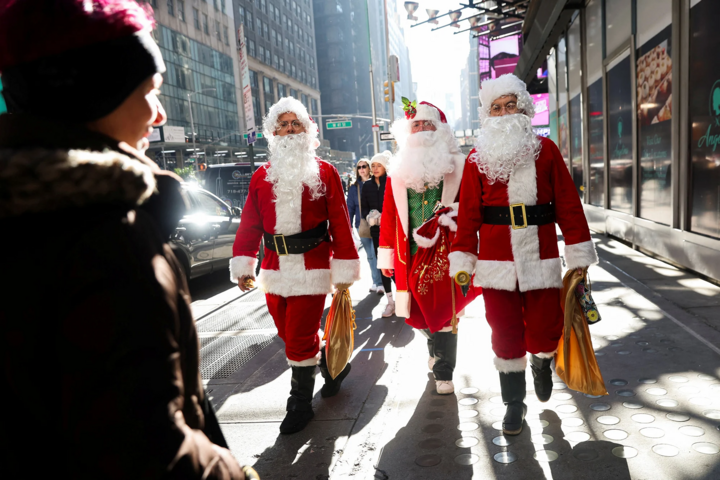
Initially, the main characteristic of Santa Claus appearing in literary works was a bearded man wearing a fur coat pulled by reindeer on a sleigh, but the outfit he wore was described in many different ways.
“The 19th century was a time when debates about Santa Claus's appearance and costume were quite common,” historian Gerry Bowler, author of “Santa Claus: A Biography,” told The New York Times. CNN .
“It took American artists about 80 years to perfect the Santa costume. Before that, you could dress up as Santa in any color, with all kinds of capes and variations.”
The Original Appearance of Santa Claus
Some early depictions of Santa Claus were of a cheerful holiday intruder, a mischievous elf or peddler, small enough to fit down a chimney, says historian Gerry Bowler.
An 1864 poem depicts Santa Claus wearing a yellow bishop's robe and a fur hat, while an 1837 oil painting depicts him in a fur-lined red cloak.
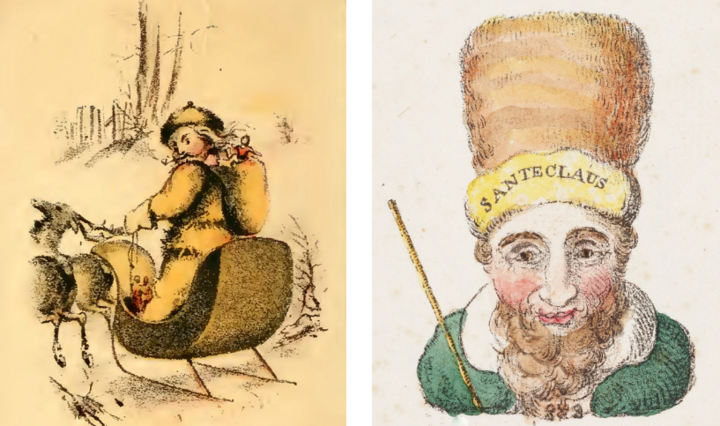
An 1850 PT Barnum advertisement depicts Santa Claus as a beardless Revolutionary-era figure, while a 1902 book cover by L. Frank Baum, titled The Life and Adventures of Santa Claus, shows him wearing a dark coat trimmed with animal-print fur and bright red boots.
Harper's Weekly cartoonist Thomas Nast depicts Santa Claus in the Stars and Stripes delivering presents to Union soldiers during the American Civil War in an 1863 illustration. However, Nast's most memorable painting was made in 1881, and features a version of Santa in a red suit that closely resembles the modern version.
Following Nast were artists Norman Rockwell and JC Leyendecker, who regularly depicted Santa in his signature red suit in magazines in the early 20th century.
"As the red-and-white-furred Santa Claus appeared more frequently on the covers of popular magazines, the image gradually became the default," says historian Bowler.
The above artists' drawings are almost overshadowed by the image of Santa Claus created by artist Haddon Sundblom for a Coca-Cola advertising campaign in 1931. At that time, Sundblom based the version of Santa Claus that is popular to this day based on the appearance of a friend.
"Certainly Coca-Cola ads are everywhere. I think most people believe that Coca-Cola had something to do with shaping Santa's red and white outfit… but that's not true. Santa's iconic outfit was defined decades earlier," Bowler said.
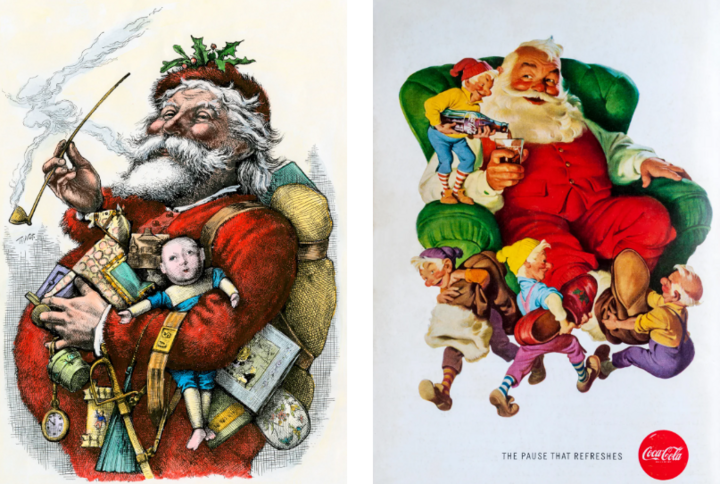
Christmas Day
Christmas was not originally celebrated in any uniform way either, and even the holiday's precursors were often raucous and associated with drunken parties.
Historian Stephen Nissenbaum says: "There is no similarity between the way Christmas is celebrated then and now. There is no Christmas tree, no cozy party and no gifts."
As Santa's costume changes, his mischievous nature fades, becoming a taller, happier, and completely benevolent visitor.
In addition, the choice of Santa Claus wearing a bright red coat may also be to contrast with his beard and stand out against the white snowy landscape.
To this day, it’s difficult to gauge exactly how much influence Santa has had on his style, says Bowler, because he has so many similarities around the world. His hats, for example, have been noted as the ancient Phrygian cap, made of soft felt; and the papal-feathered camauro, among others; but now the hat has become Santa’s own identity.
Source: https://baolangson.vn/hinh-tuong-ong-gia-noel-ngay-nay-xuat-phat-tu-mot-quang-cao-do-uong-5032875.html


![[Photo] Prime Minister Pham Minh Chinh holds meeting to launch exhibition of national achievements to celebrate 80th National Day](https://vphoto.vietnam.vn/thumb/1200x675/vietnam/resource/IMAGE/2025/6/23/0c0c37481bc64a9ab31b887dcff81e40)


![[Photo] Prime Minister Pham Minh Chinh chairs the national online conference on combating smuggling, production and trade of counterfeit goods.](https://vphoto.vietnam.vn/thumb/1200x675/vietnam/resource/IMAGE/2025/6/23/4a682a11bb5c47d5ba84d8c5037df029)
















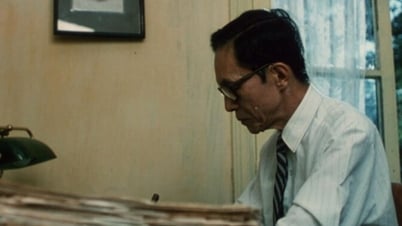







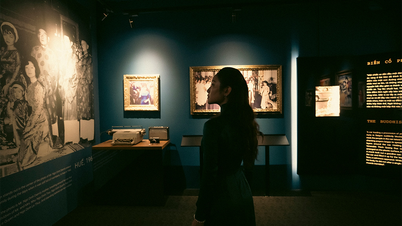





![[Photo] Party Congress of the Central Internal Affairs Commission for the 2025-2030 term](https://vphoto.vietnam.vn/thumb/1200x675/vietnam/resource/IMAGE/2025/6/23/5bf03821e6dd461d9ba2fd0c9a08037b)






































































Comment (0)